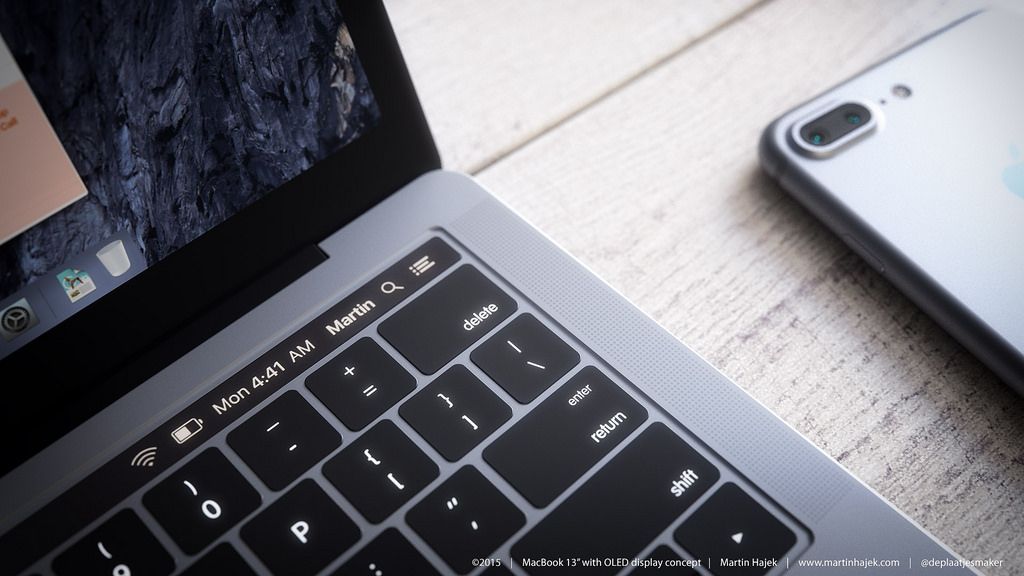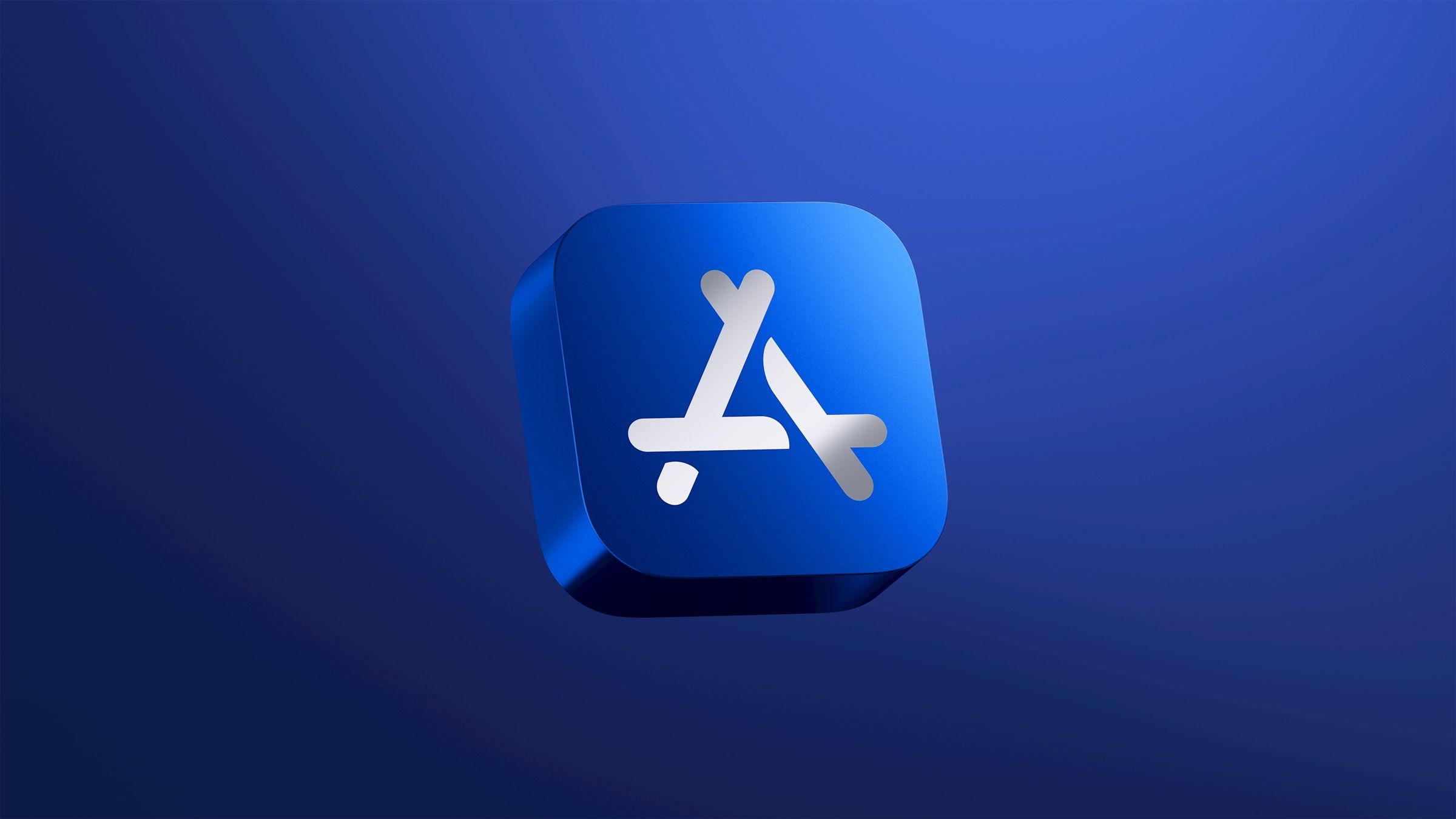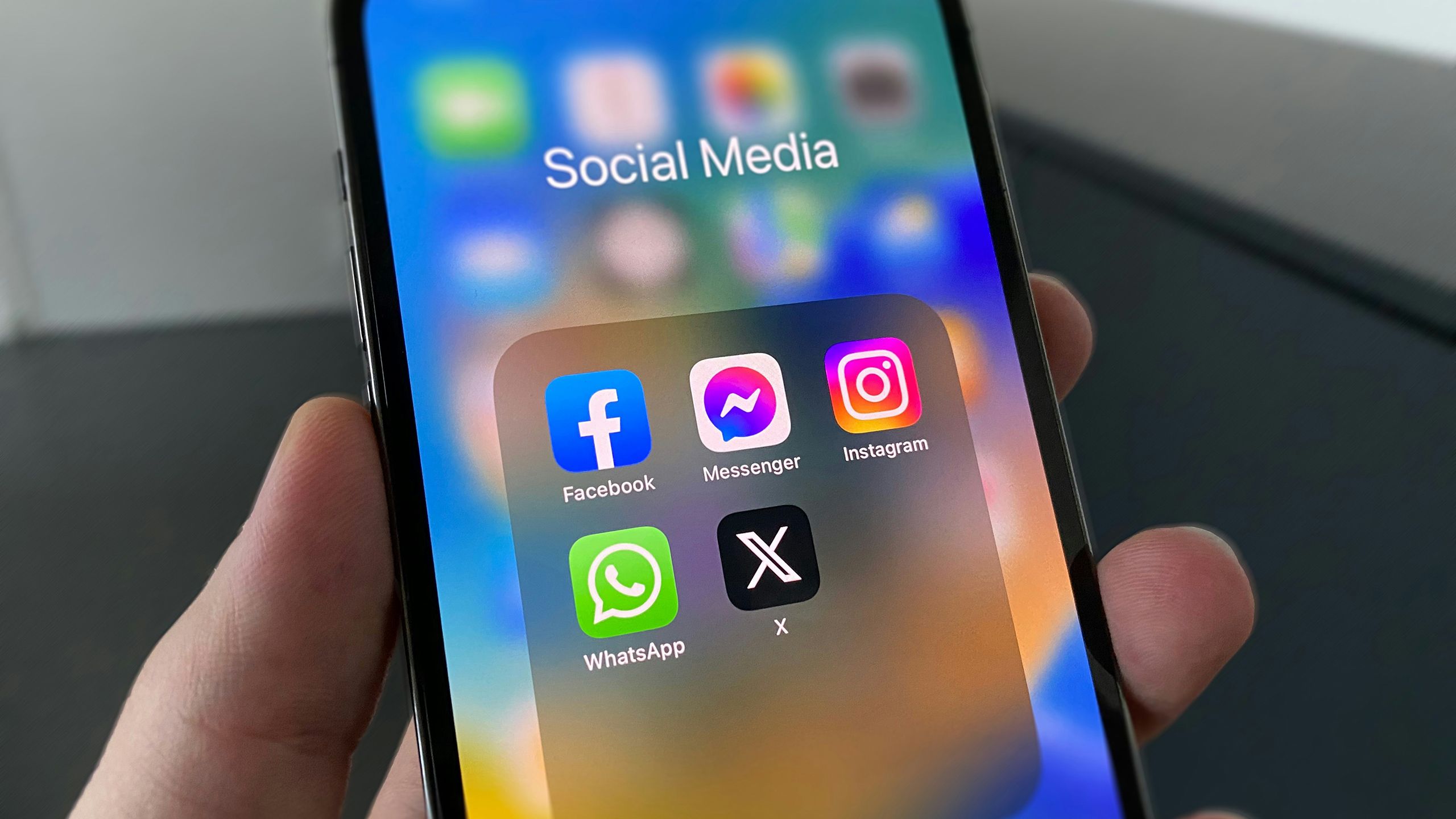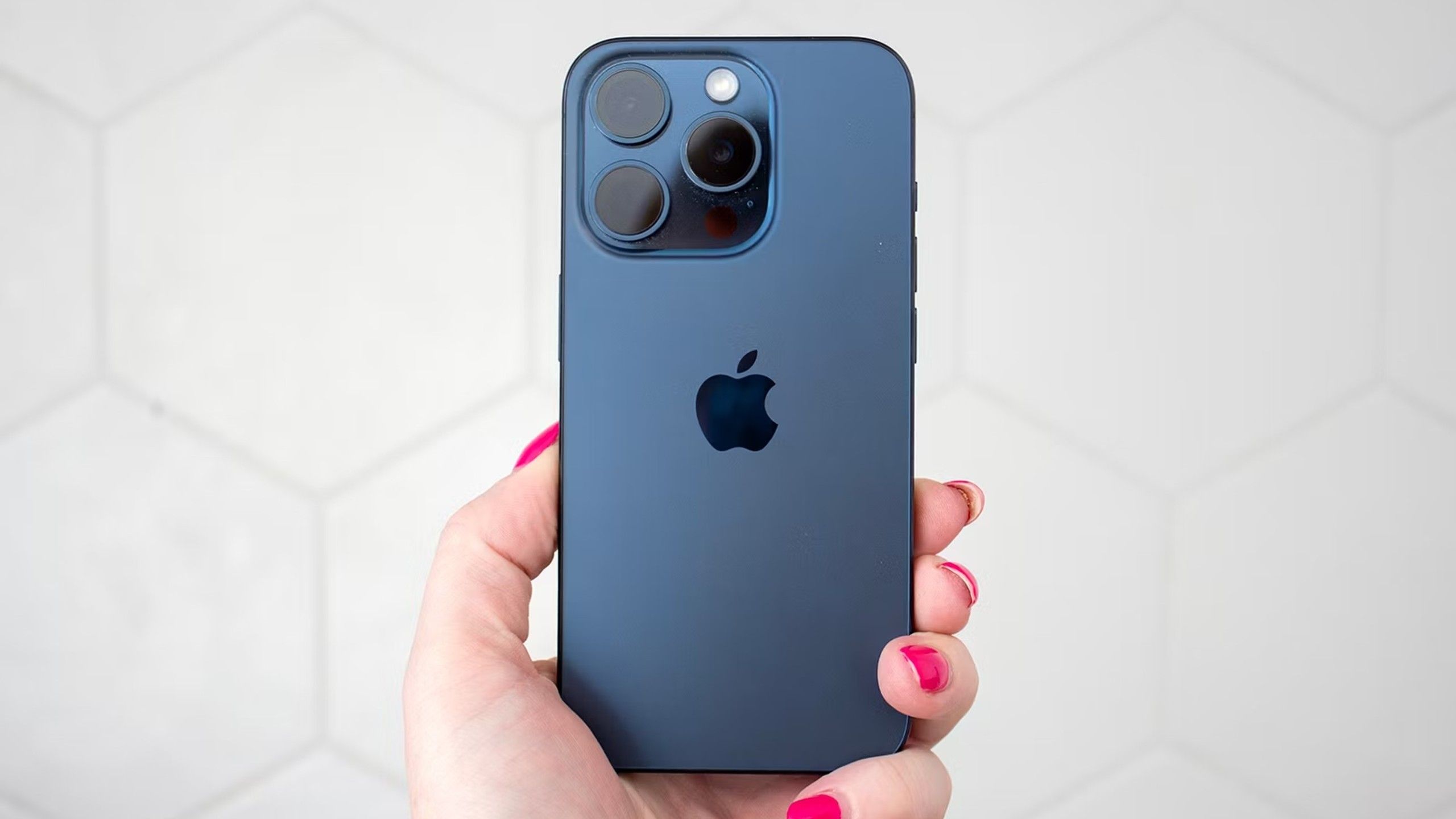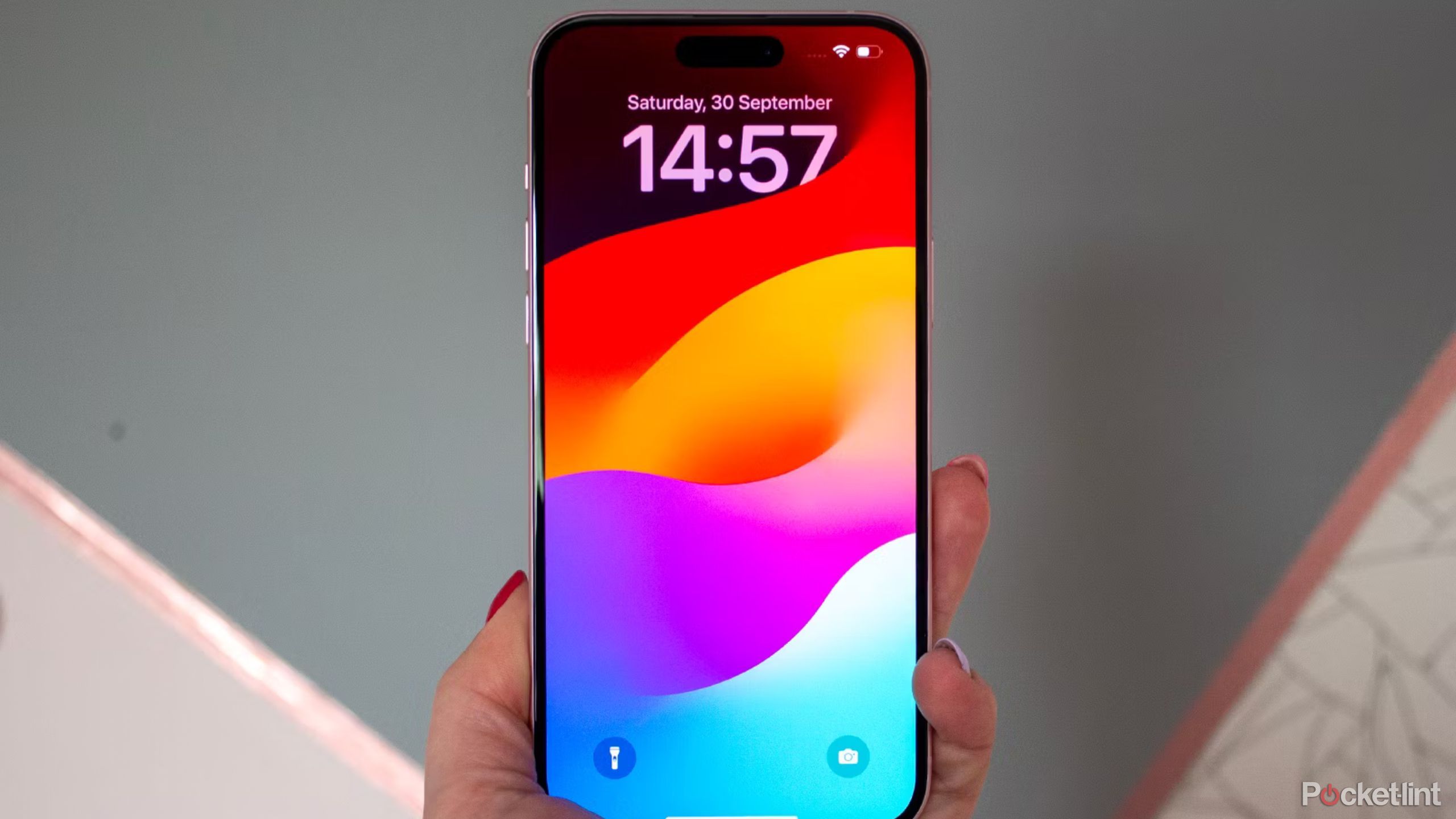Key Takeaways
- Apple’s ecosystem seamlessly integrates products like Macs and iPads with iPhones, providing overall ease of use.
- Family Sharing on iPhone allows sharing of purchases, subscriptions, parental controls, and location tracking – great for families.
- iPhone apps like Snapchat, Instagram, and TikTok are better optimized for higher-quality performance than on Android.
Android versus iPhone is the ultimate smartphone battle. Often characterized as iPhone versus Samsung’s Galaxy phones for most of its existence — and it’s not hard to see why. Before the Google Pixel had become a main line of Android flagships, Samsung sold more smartphones than anyone else in the world, outpacing the iPhone, pitting the two against each other.
If you’ve never really been committed one way or the other to an Android phone or an iPhone, you’ve probably found yourself debating between the latest offering from Apple and the newest Samsung Galaxy. While the choice can seem tough on paper, there are plenty of reasons to pick an iPhone over a Samsung Galaxy.
5:57
Have an iPhone 15? Here are 15 must-try features you’re going to love
From getting the most out of the Action Button to some fancy Photoshop-like tools, you want to know how to use these iPhone 15 features.
1 Apple’s walled garden isn’t as bad as you’d think
There’s a lot to be said about Apple’s ecosystem
Steve Jobs used to very frequently push the phrase “it just works” when speaking about new Apple products at keynotes. That attitude is embodied to this day in Apple’s ever-growing product ecosystem. If you own any Apple products besides any iPhone, you already know that everything — be it AirPods, an Apple Watch or Apple TV — will just work with your iPhone.
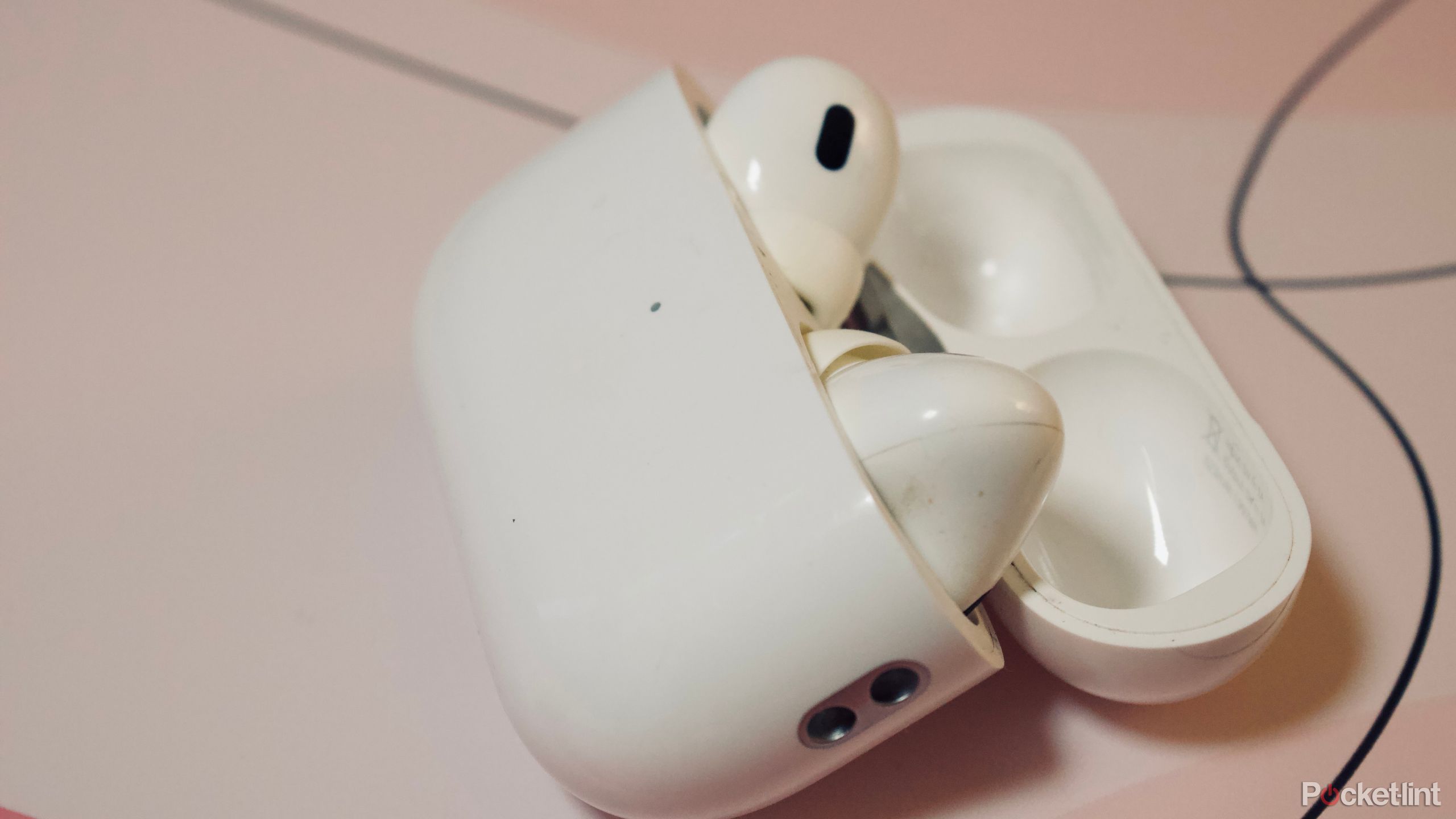
5 reasons AirPods are my main earbuds
I’ve tested a lot of headphones, and at the risk of sounding like an Apple superfan, AirPods offer features that keep them in my ears.
Products like a Mac or an iPad also seamlessly play along with an iPhone, syncing up all of your essential app data without any hassle. With an iPhone and a Mac, you’ll be able to send and receive messages straight from your Mac in addition to taking calls.
If you own an Apple Watch, particularly a GPS model, it may as well become a paperweight without an iPhone to go with it.
If you own products like AirPods, you’ll love the ease of setup and continued use compared to using Apple’s wireless earbuds with a Galaxy phone. If you own an Apple Watch, particularly a GPS model, it may as well become a paperweight without an iPhone to go with it. Even then, if you own a cellular Apple Watch, you still need an iPhone to set it up, change settings, or update its software.
For those who haven’t fully committed to the Apple ecosystem, perhaps owning just an Apple TV or a Mac, it’s a logical next step to get an iPhone. For those who are already deeply ingrained into the Apple ecosystem, a move to any Android device, including a Samsung Galaxy, can almost be a financial burden when you realize you also need to change your smartwatch and other peripherals.
2 Apple’s Family Sharing saves you money
Share app purchases and subscriptions
Apple
There are few things in the world better than sharing subscriptions. With more and more streaming services going the way of Netflix and cutting down on password sharing, it can be nice to find solace in other shared subscriptions.
With Family Sharing, you can share purchases from the App Store and iTunes Store with up to six family members. You can even share subscriptions, including Apple’s own Apple One service, which bundles various Apple services such as Apple Music, Apple News+, Apple Arcade, and 2TB of cloud storage, all into one subscription for you and your family.
And Family Sharing doesn’t just apply to subscriptions to Apple’s services, as many app subscriptions across iOS offer shared plans that seamlessly work with Family Sharing. Another compelling feature of Family Sharing is parental controls and the Find My network. With the Find My network, it’s easy to check in on the locations of any device owned by a family member.
Family sharing makes the iPhone a very enticing option for those with a family full of iPhone users who want to save money.
Screen Time gives you parental control over your child’s device, restricting what kinds of apps they can download, how much time they can spend on their device, who they can contact (and when), and showing you what kind of apps they have downloaded. Family sharing makes the iPhone a very enticing option for those with a family full of iPhone users who want to save money.
3 App optimization for iPhone
Developers love making iOS apps
Julian Christ / Unsplash
It’s often joked about on social media that Android phones have low-quality cameras. That isn’t exactly true, but what is true is that Android phones do take lower-quality photos and videos for apps like Snapchat, Instagram, and TikTok (although this is about to change once Android 15 is released later this year). The reason this occurs is due to app optimization.
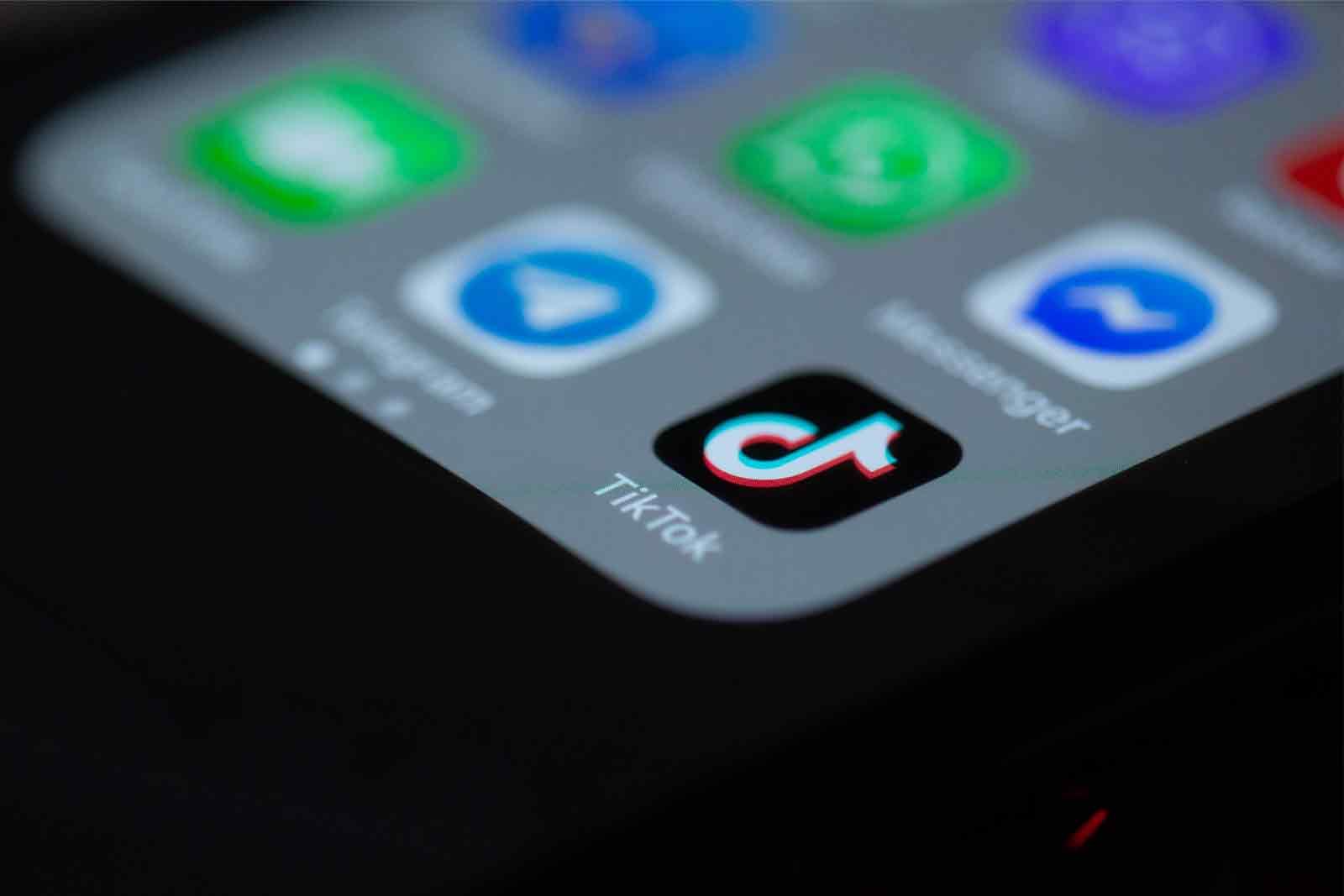
Best iPhone apps: The ultimate guide
We picked the best iPhone apps available right now, by category, from photo and video apps to the best social media apps and entertainment apps.
The apps listed above are all optimized to work directly with the iPhone’s camera array, which results in better-quality photos and videos in each app. This isn’t the only instance of distinct advantages the iPhone has when it comes to apps, as many apps come to the iPhone first.
The reasoning for this phenomenon comes down to logistics. There are a ton of different Android phones released every year, all running on different hardware. Meanwhile, Apple has reliably released a handful of phones yearly for the better part of a decade. While a Samsung Galaxy will feel this issue the least by merit of being the de facto face of Android, there are still plenty of apps that come to the iPhone first. Some apps never even make the jump to Android.
4 Apple’s privacy and security
There’s something to be said about Apple’s privacy stance
Apple/Pocket-lint
Privacy and security concerns are an ever-mounting fear in our society, and it only makes sense that you’d want a sense of both when using your phone. When it comes down to what phone will offer you the best privacy and security experience straight out of the box, the answer is going to be the iPhone.
Yes, you can install more specialized security software on an Android, or use Samsung’s Knox tools on a Samsung Galaxy to improve security performance. However, this isn’t really congruent with the habits of most consumers. Most people want a product that keeps their usage private and their data secure from the moment they boot it up. The iPhone has plenty of security and privacy options available to you by default.
1:00
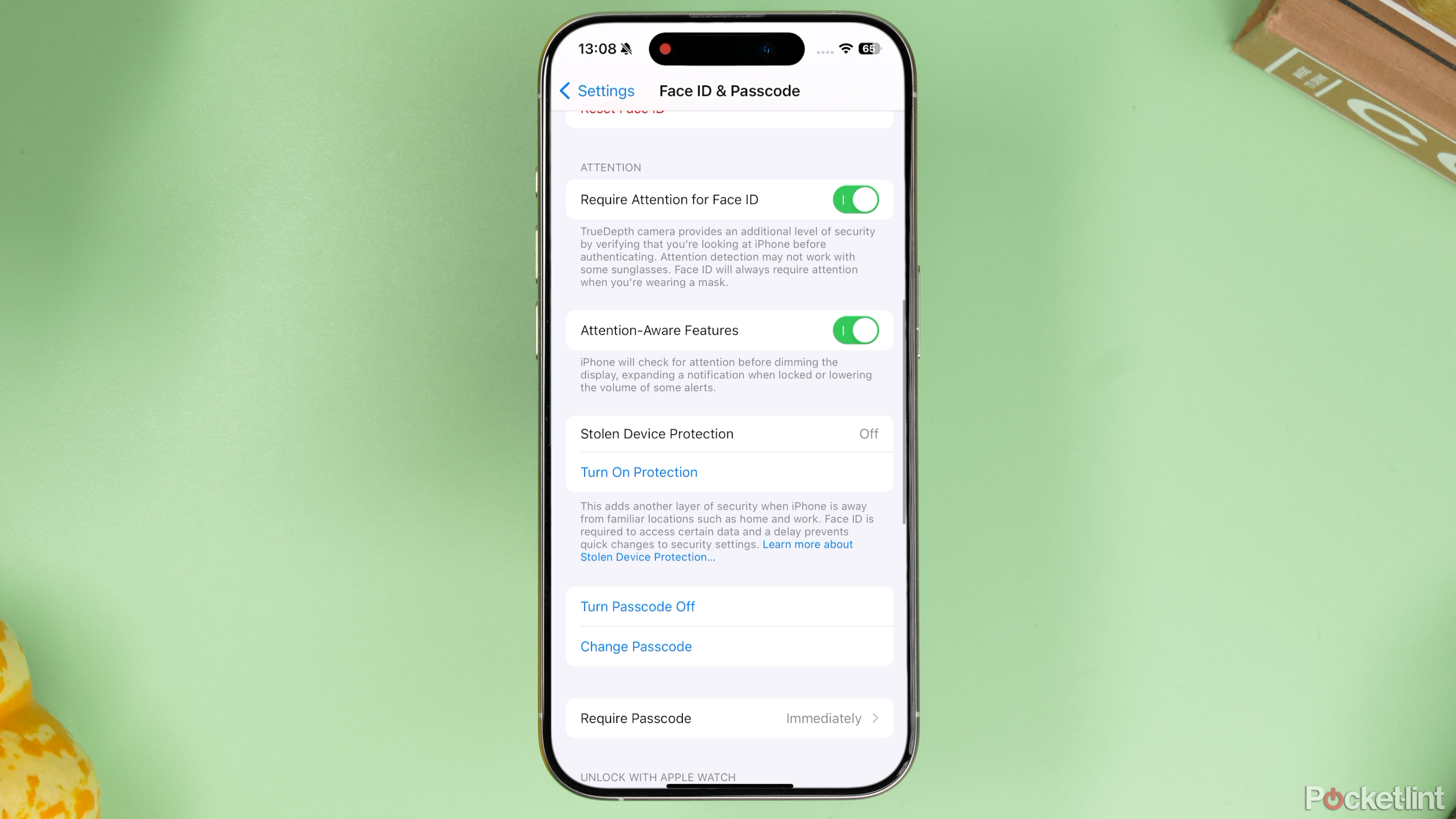
You should turn on this new iPhone security feature right now
iOS 17.3 has added another layer of protection between your financial data and a potential thief — and you are probably going to want to use it
For starters, almost every iPhone user knows the experience of opening apps on a new iPhone and being greeted with the prompt to “Ask App Not to Track.” This prompt came about with the release of iOS 14.5, which gave users far more control over the collection of their data. Those sorts of controls include that blanket feature of asking apps not to track your activity across other apps.
All of that comes alongside Apple having a much more strict, and therefore secure, App Store than the Google Play Store. Apple also pushes security updates for many years on any new iPhone model, as well as pushing them out very quickly when the need arises. When it comes down to security and privacy, there really is no contest between an iPhone and a Samsung Galaxy.
5 For many, iOS is just the better choice
The Android versus iOS argument will never end
When an argument between Android and iPhone comes up, it’s almost inevitable that things are reduced to the more narrow subject of the differences between the two operating systems, Android and iOS. One of the main arguments for Android in this context is customization. Android is, without a doubt, far more customizable than iOS. However, that doesn’t necessarily mean that it is better.
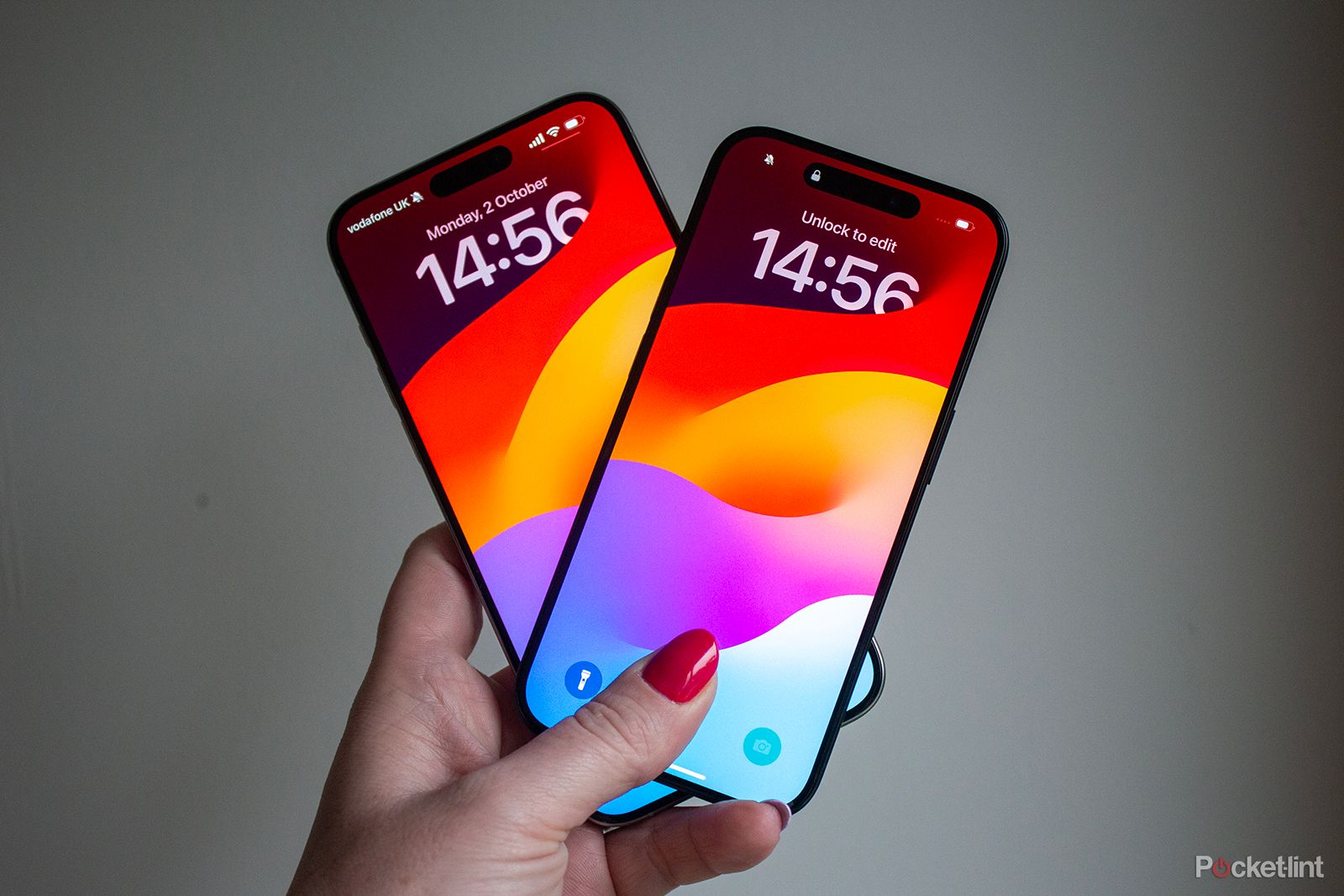
iOS 18 rumours: What to expect from the next major iPhone software
Everything we have heard so far about iOS 18, including what features to expect and when it might appear.
iOS is beautiful. It’s one of the main advantages of it not being all that customizable. Everything Apple makes for the iPhone can be designed around the singular vision of how iOS looks. This results in a visually harmonious experience. Every piece of the iPhone experience, from widgets to app icons to simple buttons, looks like it belongs on your device.
While Samsung does offer a very nicely skinned-up version of Android on a Galaxy straight out of the box, there’s not much else Samsung can do to offer the kind of harmony you can find on an iPhone. If you want a simple and consistent UI, the iPhone will win that fight every time.
Trending Products

Cooler Master MasterBox Q300L Micro-ATX Tower with Magnetic Design Dust Filter, Transparent Acrylic Side Panel, Adjustable I/O & Fully Ventilated Airflow, Black (MCB-Q300L-KANN-S00)

ASUS TUF Gaming GT301 ZAKU II Edition ATX mid-Tower Compact case with Tempered Glass Side Panel, Honeycomb Front Panel, 120mm Aura Addressable RGB Fan, Headphone Hanger,360mm Radiator, Gundam Edition

ASUS TUF Gaming GT501 Mid-Tower Computer Case for up to EATX Motherboards with USB 3.0 Front Panel Cases GT501/GRY/WITH Handle

be quiet! Pure Base 500DX ATX Mid Tower PC case | ARGB | 3 Pre-Installed Pure Wings 2 Fans | Tempered Glass Window | Black | BGW37

ASUS ROG Strix Helios GX601 White Edition RGB Mid-Tower Computer Case for ATX/EATX Motherboards with tempered glass, aluminum frame, GPU braces, 420mm radiator support and Aura Sync


